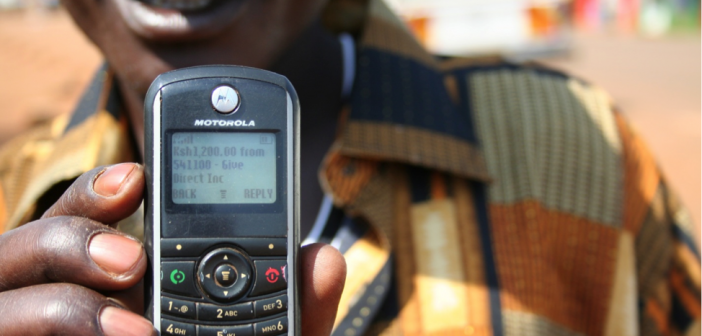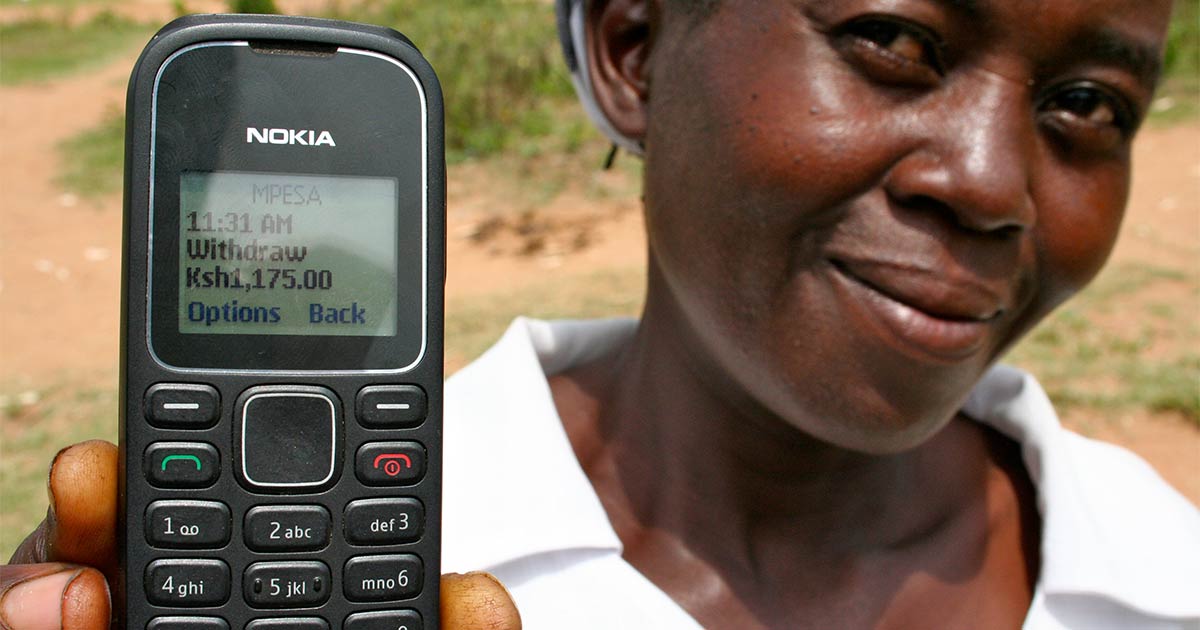The concepts of charity is about to be turned on its head. Economists at Harvard and MIT, with the support of technology entrepreneurs have created a new NGO – and it is at the cutting edge of technology. Emerging from the world’s wealthy technology capital, Silicon Valley, comes GiveDirectly, and a new system of delivering charity to those who need it the most. The organisation was founded in 2011, and it is currently focused on providing funds to poor families in Kenya and Uganda. The unique system has earned it a place among one of the most reliable charities by Give Well.
But how is GiveDirectly unique?
GiveDirectly is unlike other charities and NGOs. Through reaching mobile phones, the organisation can directly and quickly provide money to those in need. In countries which may lack reliable systems of money transfer, this is certainly an advantage.
The way in which GiveDirectly selects their beneficiaries is also pioneering. Through using government data, GiveDirectly can accurately identify areas where there is extreme poverty. After doing this, they send a field team to check individual financial conditions. Once people are identified, GiveDirectly creates an electronic account linked to each beneficiary’s mobile phone, and a donation of $1000 is provided. By providing direct funds through mobiles, GiveDirectly eliminate the risk of some of the money failing to reach its intended target.
This innovative new approach is attracting an increasing number of donations from the wealthy of Silicon Valley. Donations have been made from such people as Chris Hughes of Facebook, and from individuals at Google. GiveDirectly has already begun to create positive change in disadvantages communities.
A study assessed the situation of GiveDirectly’s beneficiaries from 2011 to 2012. The difference was astonishing. The number of days children went without food fell by 40%. Domestic violence has fallen, and there has been a rise in investment in micro entrepreneurship. It is clear to see that GiveDirectly has already made positive strides with their fresh approach. Other charities and NGOs would do well to follow their example.
If you like this article you may be interested in “You’ll Never Believe Malala’s Incredible Birthday Gift”.






